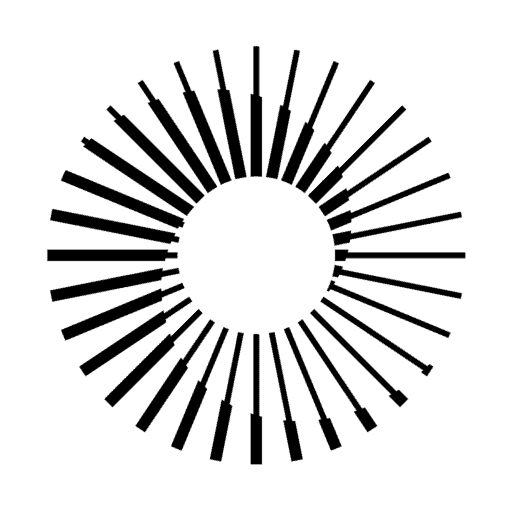Radiology healthcare is rapidly advancing, with many innovations aimed at improving patient outcomes and experiences. Today we will sum up recent developments, including how artificial intelligence is being used to reduce waiting time for pulmonary embolism (PE)-positive CT scans, key lessons for successful digital transformation, the accuracy of AI chatbots in providing breast cancer screening advice, and the latest radiology trends showcased at ECR 2023.
📖 Author: Sandra Dietrich | OpenRad team
AI reduces wait times for PE-positive CT scans
A manuscript accepted for publication in the American Journal of Roentgenology (AJR) reports that the implementation of an artificial intelligence tool significantly reduced report turnaround and waiting time for pulmonary embolus-positive CT pulmonary angiography examinations. The AI tool reprioritised CTPA examinations atop radiologists’ reading list, resulting in shorter report turnaround and wait times for CTPA reports positive for acute PE, compared to reports before the AI implementation. This tool has the potential to enable earlier interventions for acute PE.
10 lessons for NHS digital transformation success
A new guide has been launched that provides NHS leaders with ten key lessons for successful digital transformation. The guide is the culmination of the Digital Boards programme, launched three years ago in partnership with NHS Providers and commissioned by Health Education England. Over 2,000 leaders from 200 NHS trusts participated in the programme. Key lessons include the need for collective responsibility for digital at board level, building confidence and capability in digital among board leaders, and designing services to meet the needs of users. The guide also emphasises the need for investment in core infrastructure and the potential for digital to drive quality improvement.
ChatGPT & breast cancer screening
A study conducted by researchers at the University of Maryland School of Medicine found that ChatGPT, an AI chatbot, provided accurate breast cancer screening advice about 88% of the time. However, the researchers caution that ChatGPT’s responses sometimes provide outdated or fictitious information for radiology healthcare. The study also found that ChatGPT did not mention differing recommendations on breast cancer screening issued by other organisations. The researchers suggest that while ChatGPT is promising, consumers should still rely on their doctor for advice.
Radiology trends showcased at ECR 2023
At the European Congress of Radiology 2023 several radiology trends were highlighted, including environmental sustainability, the integration of AI across the entire workflow, and connected systems. Vendors showcased new sustainability features and emphasised a partnership approach with healthcare providers. Also, AI is being used to enhance imaging outcomes and patient positioning. Finally, the use of AI is predicted to proliferate not only in diagnostic imaging but also in image-guided therapy applications, such as in interventional cardiology.
—
Is there any interesting topic for radiology healthcare you would like to add here? Share your ideas or links to news articles via the comment section below.
Want to join a great team? Check out our careers section. We are always looking for exceptional talent—from application specialist to software developers.
📷 Photo credits: daniela-mueller.com




